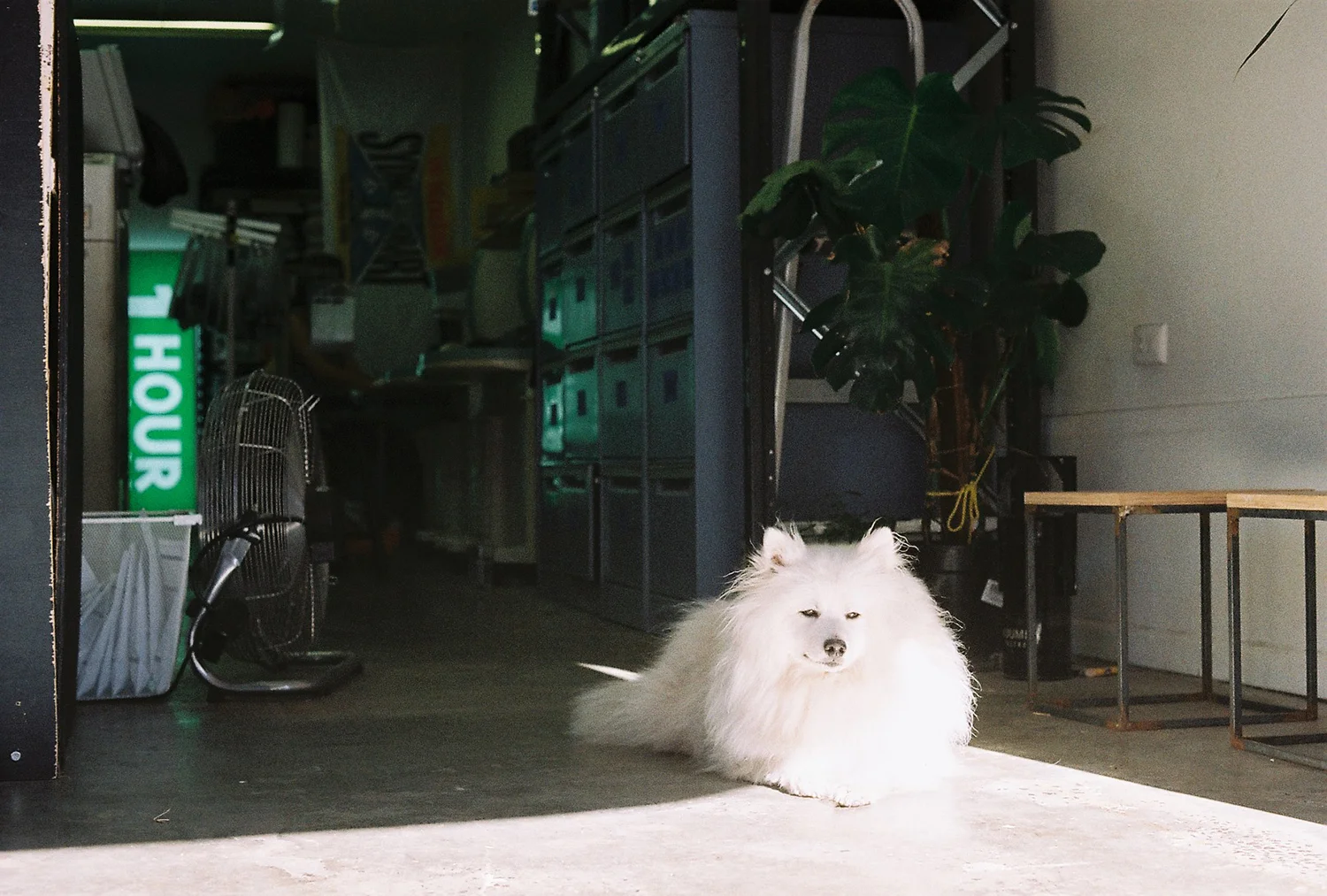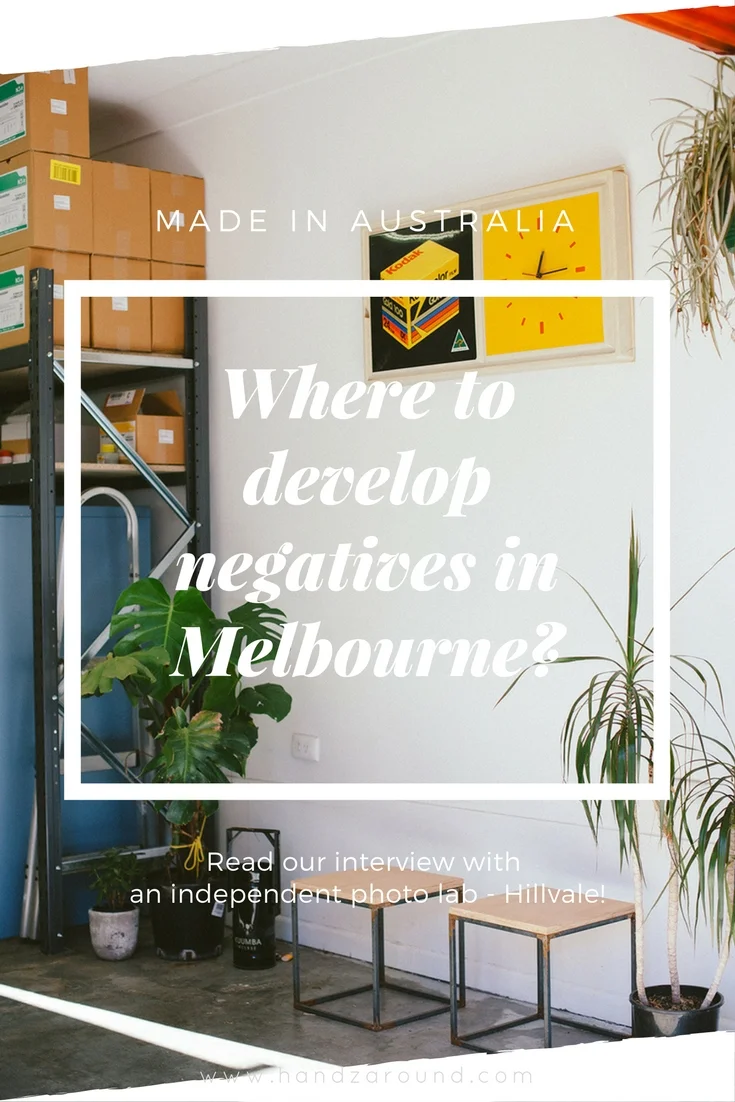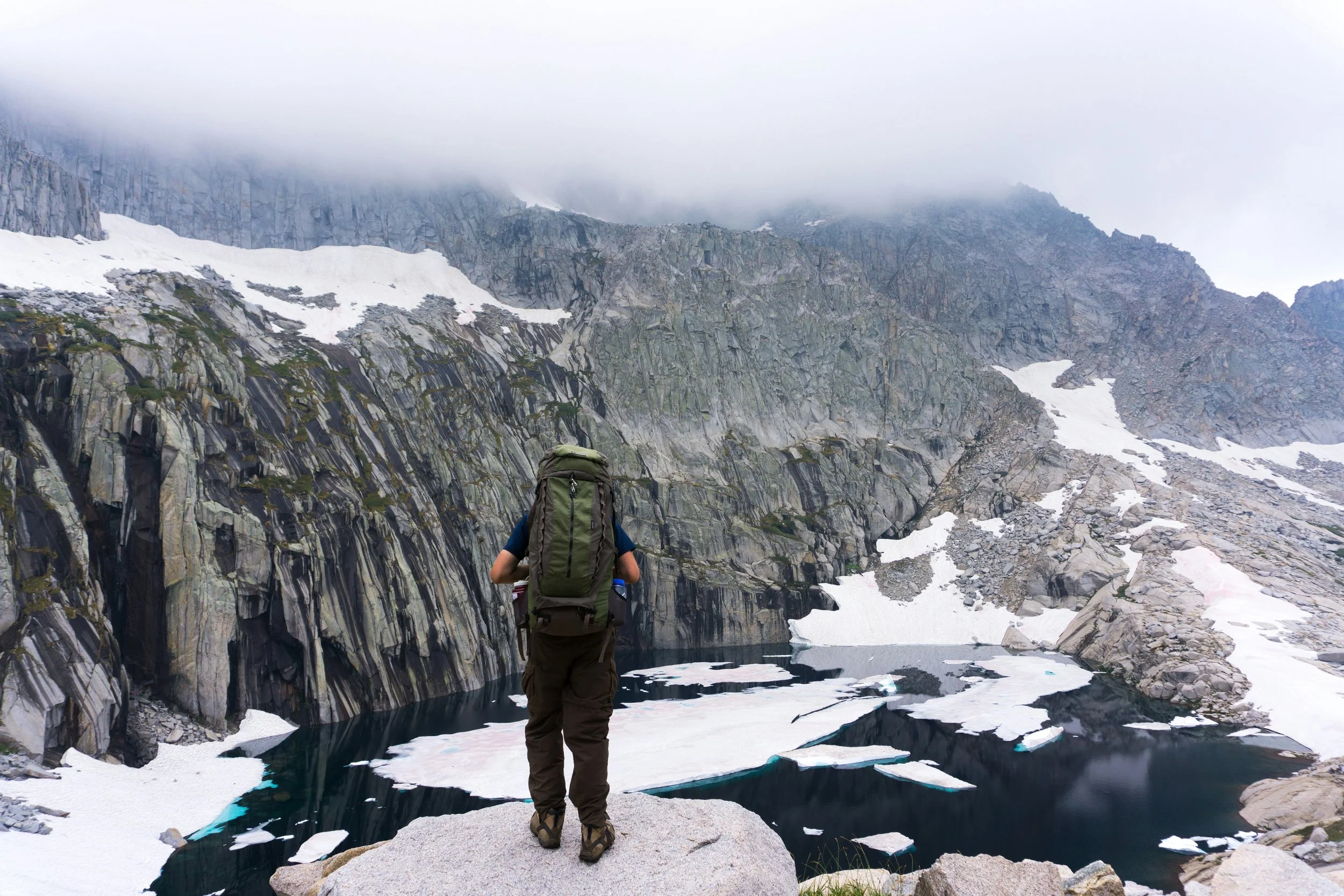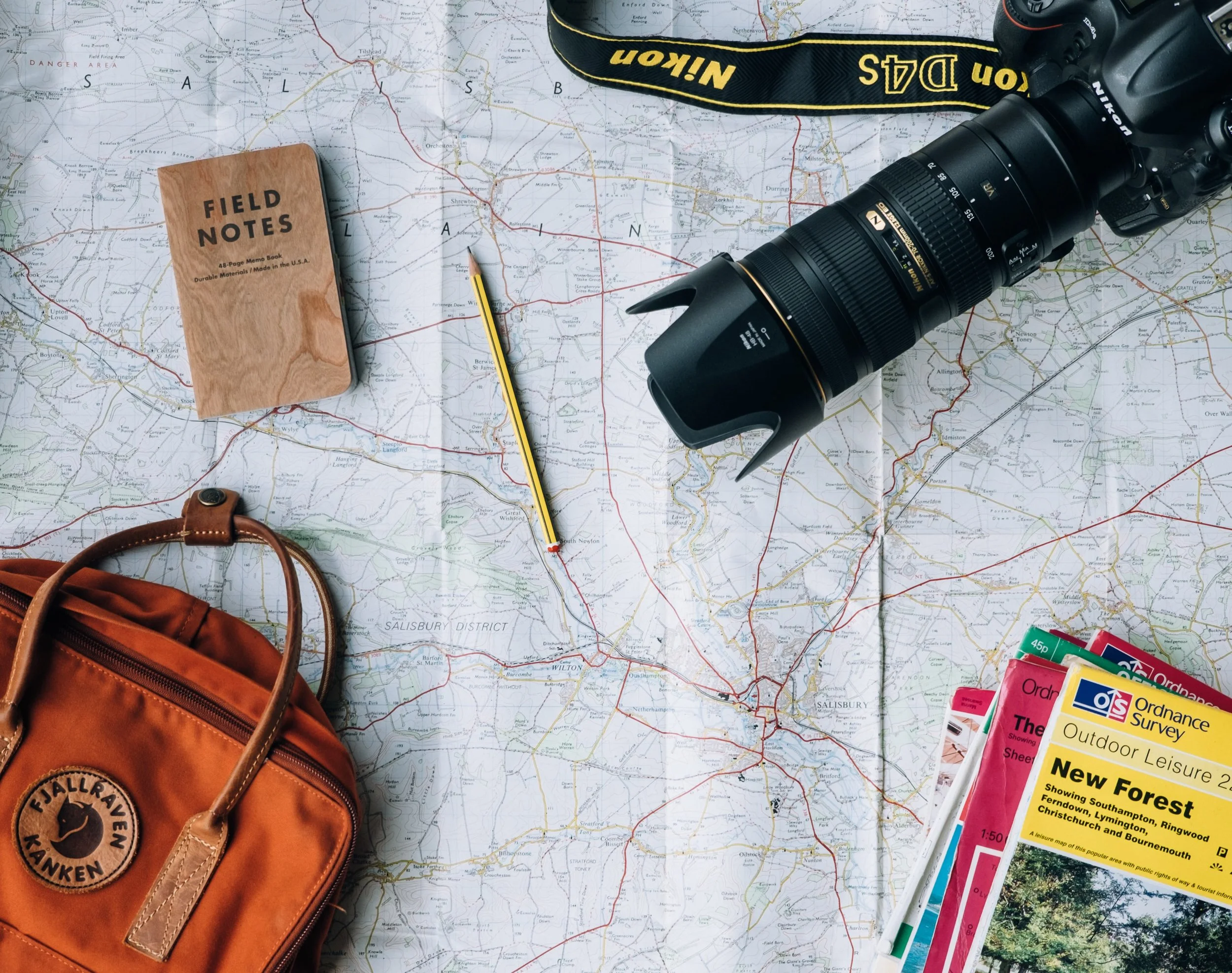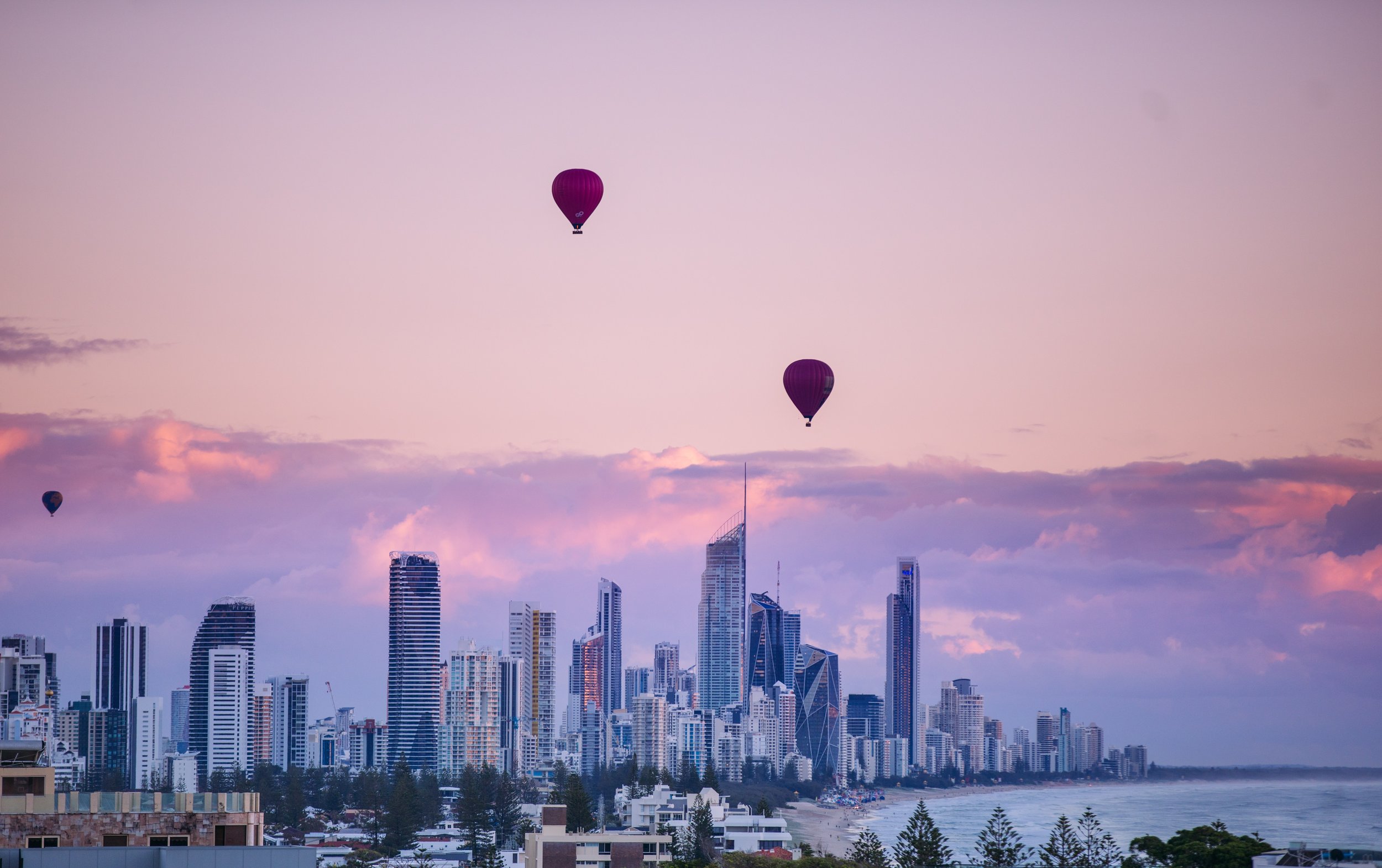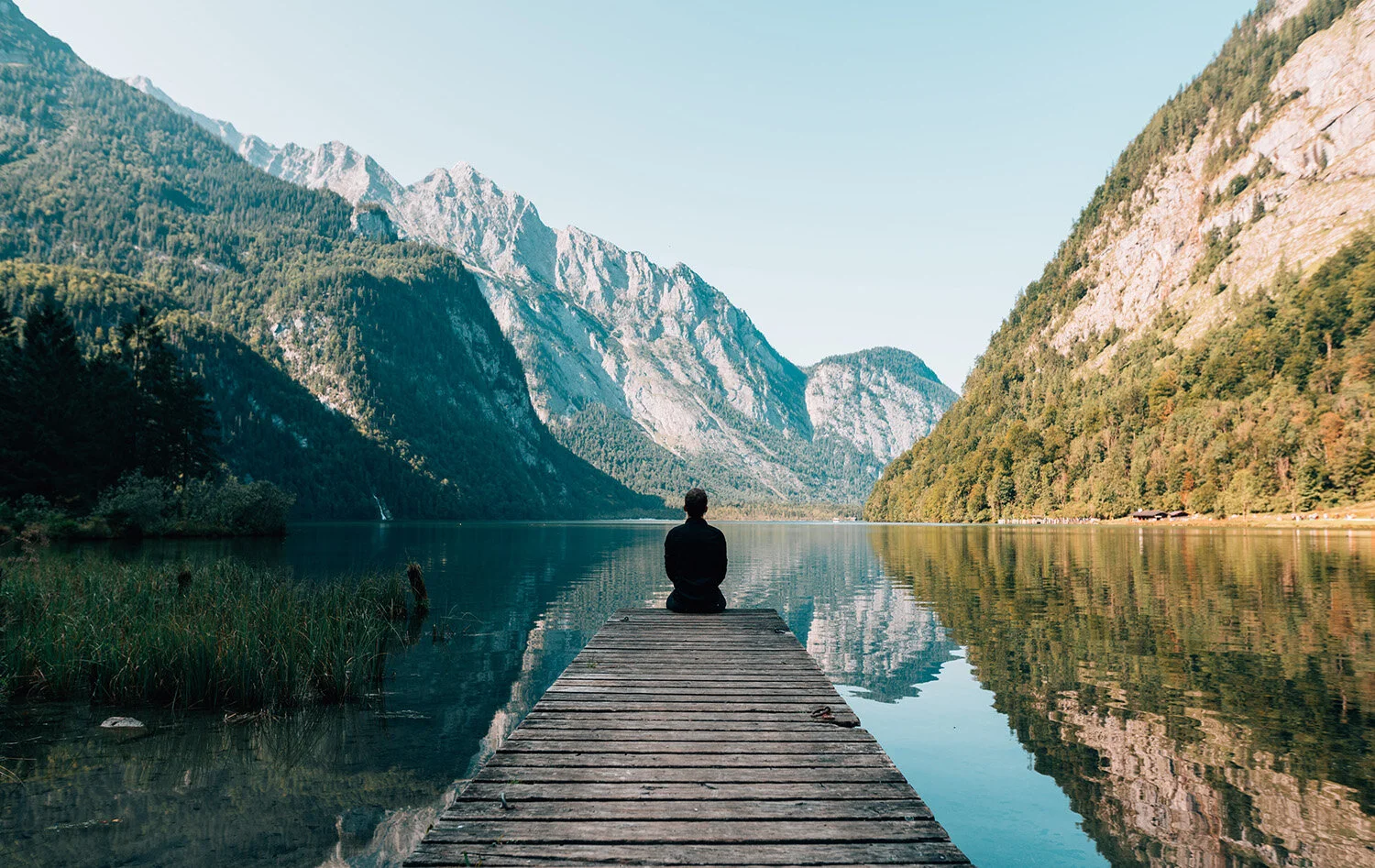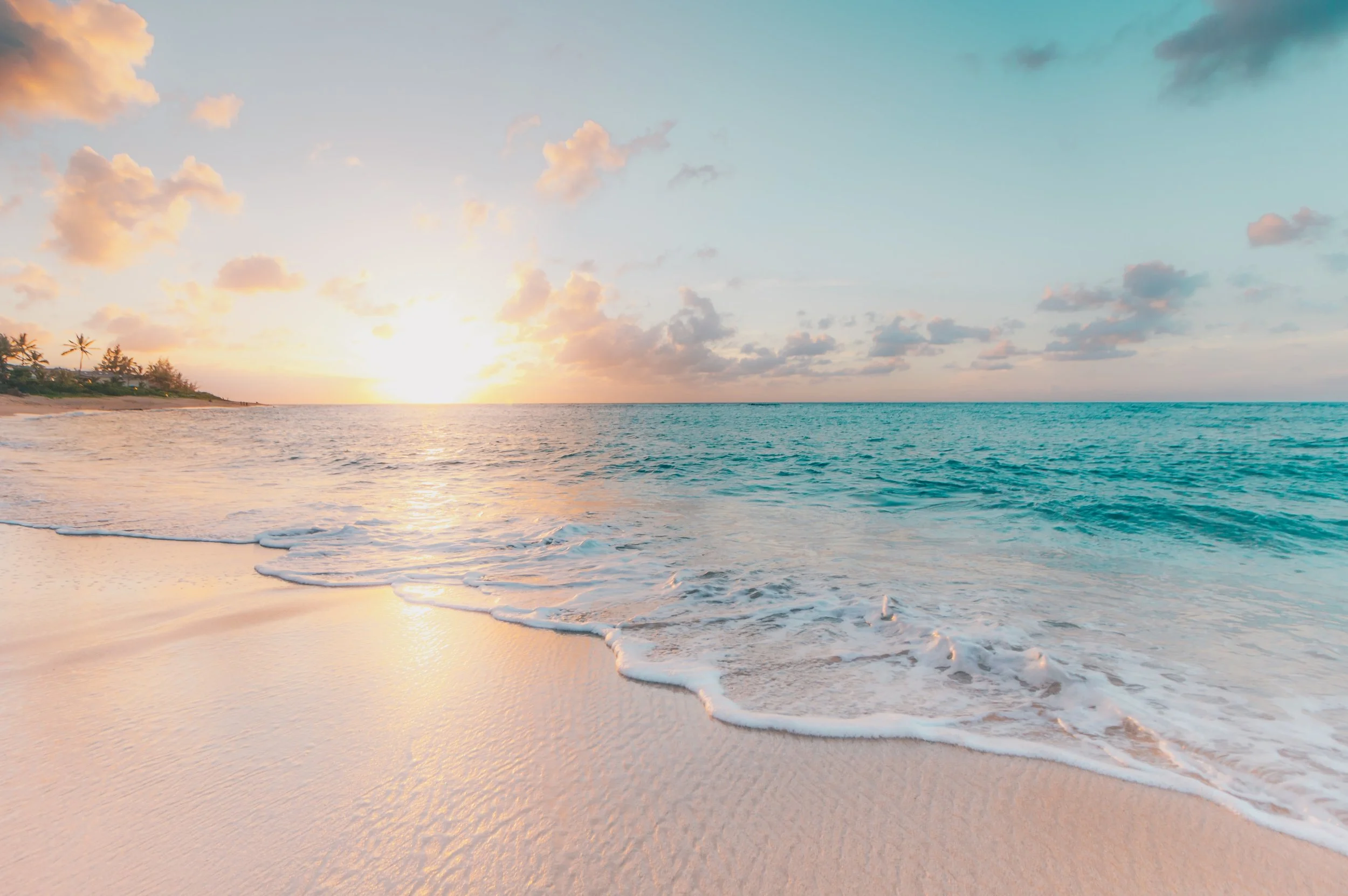Majority of the planet seems to live such busy lives these days. Especially in the big cities things tend to be 24/7, instant, while-you-wait. Although digital photography is so popular with the majority of people, especially the ones who travel, Hillvale, in Melbourne, goes against that grain.
They make sure that people can still freeze moments in time on rolls of film. They make all the impatient photographers wait before they see their photographs. They take time to process the moments caught on film.
We found Hillvale while looking for a photo lab that would process our negatives from India and Nepal, and they were the perfect fit. They were the only lab that made us feel like they're genuinely interested in what they're doing and their prices are accurate to the services and not ridiculously expensive like in all the chain stores.
So whether you're a photographer and want to learn more about what they do, or you're simply interested in what it's like to run a photo lab, read on - we photographed and interviewed Hillvale to discover how they happen to be so cool!
We hope that if until now you have only photographed with a digital camera or on your phone, you will grab your parents' old film camera, or rush to the store to buy a disposable one, and get some snapshots which will keep the analogue photography alive!
Below Andy and Jase talked to us about behind the scenes and the lab itself.
How old is Hillvale and how did it get to the point it is at now?
Hillvale turned 4 years old in May this year [2017]. It got to the point it is now with a combination of late nights, deep Googling and problem solving.
What are Hillvale's inspirations and concept?
The inspiration and concept for Hillvale stemmed from quite literally the reward of shooting film. Jase and I both enjoyed taking pictures and bonded over it during design school. After obtaining our own film processor and running it for ourselves, we decided to 'open the doors' to make shooting film accessible for anyone interested.
Why do you focus on analogue photography?
There’s a multitude of reasons why — but really, we started an analogue lab to create a platform for creativity catering to our own interests. Interests including exhibiting work, publication, design etc. Although we service the analogue community, we don’t particular pride ourselves on being ‘analogue purists'. Recently we shot a short video for a project entitled ‘Cubes’ which was the culmination of 50,000 rolls of film crushed into cubes.
Is there a lot of interest in developing negatives at your lab?
We have experienced gradual and consistent growth since opening in 2013 — word of mouth (along with an Instagram presence) helps us along the way. We have a really appreciative and constructive customer base.
What have been the challenges that you've encountered so far?
The ongoing challenge is sourcing lab equipment and parts that are in a serviceable condition. We attempt to teach ourselves whatever we can to troubleshoot issues that arise — there’s many avenues to explore to solve one problem. Online forums, service technicians and manuals all combine to create a knowledge base that is continually growing.
Does your location have influence on what you do (Melbourne, Australia)?
Melbourne (and Australia as a whole) has a renowned multi-platform arts culture, yet is somewhat overlooked in the photographic realm. Thankfully there’s people like Daniel Boetker Smith who not only teaches photography at PSC, but also founded the Asia Pacific Photo Book Archive and more recently, became managing editor of Photofile Magazine. In addition to people like Daniel, theres events such as IPF, bookstores such as Perimeter and Metropolis that help local photographers gain attention on a worldwide scale. We’re lucky to call Melbourne our home and these people our neighbours.
What makes you different from other labs?
Jase and I both had full time jobs when we began — hence our idea to have ‘drop-boxes’ located around the Melbourne CBD. Having drop-boxes meant that we were more widely accessible. In the beginning, we really only opened by appointment. We have held on to the drop-boxes as it’s a great way for customers to interact with us, even if they can’t visit us physically (for example we have a dropbox in Sydney that’s sent down every week).
Can you tell us a little bit about the process of developing and scanning the negatives? Is it done by hand or do you use machines?
We use a variety of machines to process + scan colour and B&W negatives. The colour processors we have are roller transport, whereas the B&W is a dip and dunk machine. We currently use Frontier and Noritsu machines for all scanning.
You've got an interesting collection of art publications/photo books available in your store. What's your connection with the authors and how did their publications make their way to your shelves?
We stock anything from short run local zines to bigger international photobook publications. Some are dropped off by the authors themselves, some are purchased either at Perimeter or Metropolis (or online). The community which we are involved with includes many talented and resourceful individuals, all capable of self-publishing. It’s great to see work transform from negative, to digital scan to print.
What do you think is the future of analogue photography?
We believe analogue photography will always remain so long as there’s a desire for photography — everyone is a photographer now, so long as they have a smart phone or something similar. Analogue photography, albeit niche, will always concede interest as long as photography is a medium to be pursued.



